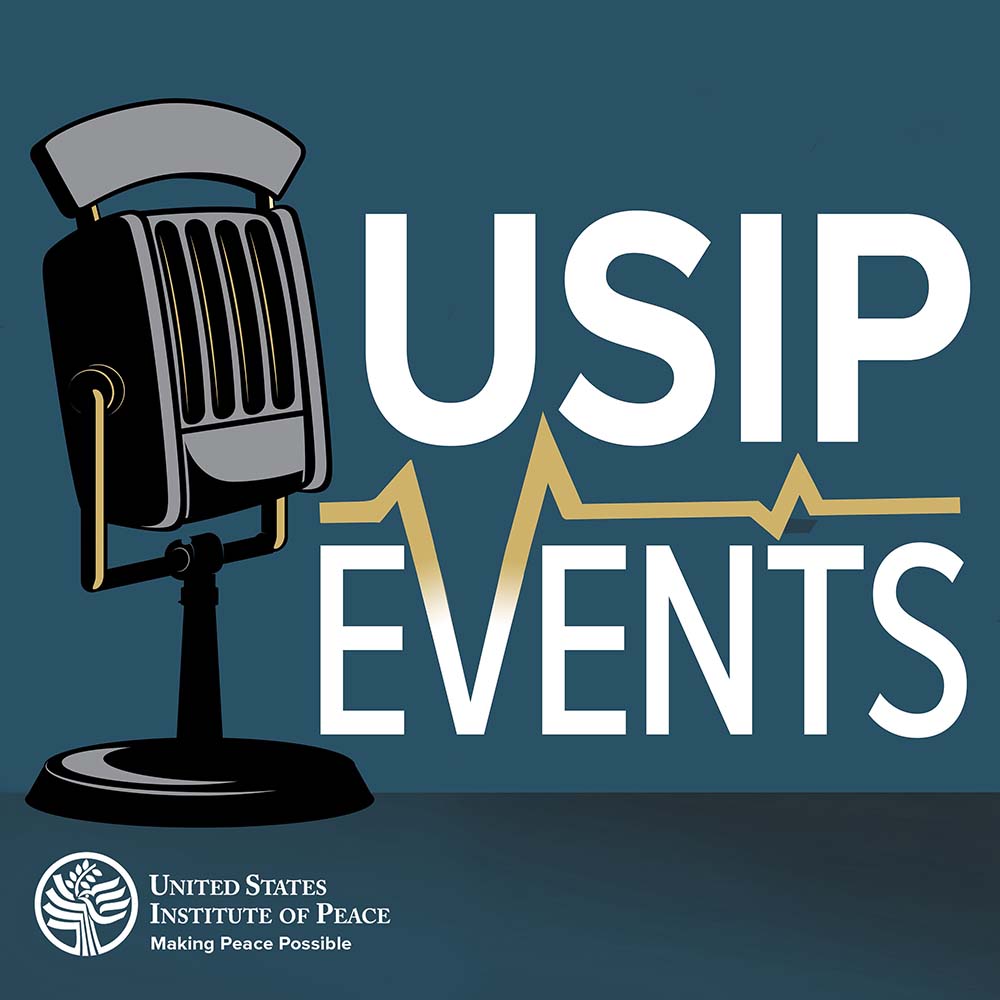

The United States sprayed Agent Orange and related herbicides on 10,160 square miles of South Vietnam from 1961-1971, exposing millions of Vietnamese citizens and U.S. soldiers to dangerous dioxins and seriously affecting at least 150,000 Vietnamese children born after the war. On January 25, USIP hosted a discussion on its Vietnam War Legacies and Reconciliation Initiative -- the first in a series of seminars designed to offer diverse perspectives on U.S.-Vietnam cooperation concerning war legacies.
SpeakersAndrew Wells-Dang, introductory remarks Senior Expert, Vietnam, U.S. Institute of Peace
Charles Bailey Former Director, Agent Orange in Vietnam Program, Aspen Institute
Susan Berresford Former President, Ford Foundation; Convenor of the U.S.-Vietnam Dialogue Group on Agent Orange/Dioxin
Phan Xuân Dũng Research Officer, ISEAS-Yusof Ishak Institute, Singapore
For more information about this event, please visit: https://www.usip.org/events/resolving-legacies-agent-orange

The U.S. has redoubled its efforts to facilitate a peace process that will end the conflict in Afghanistan, protect U.S. national security interests, and...

USIP formed a study group to explore the dimensions and nature of Southeast Asia’s China-originating criminal networks and the scourge of online scamming they...

On April 16, USIP hosted the Africa Futures Summit to examine approaches to catalyze Africa’s potential to benefit and shape the global system. Discussions...